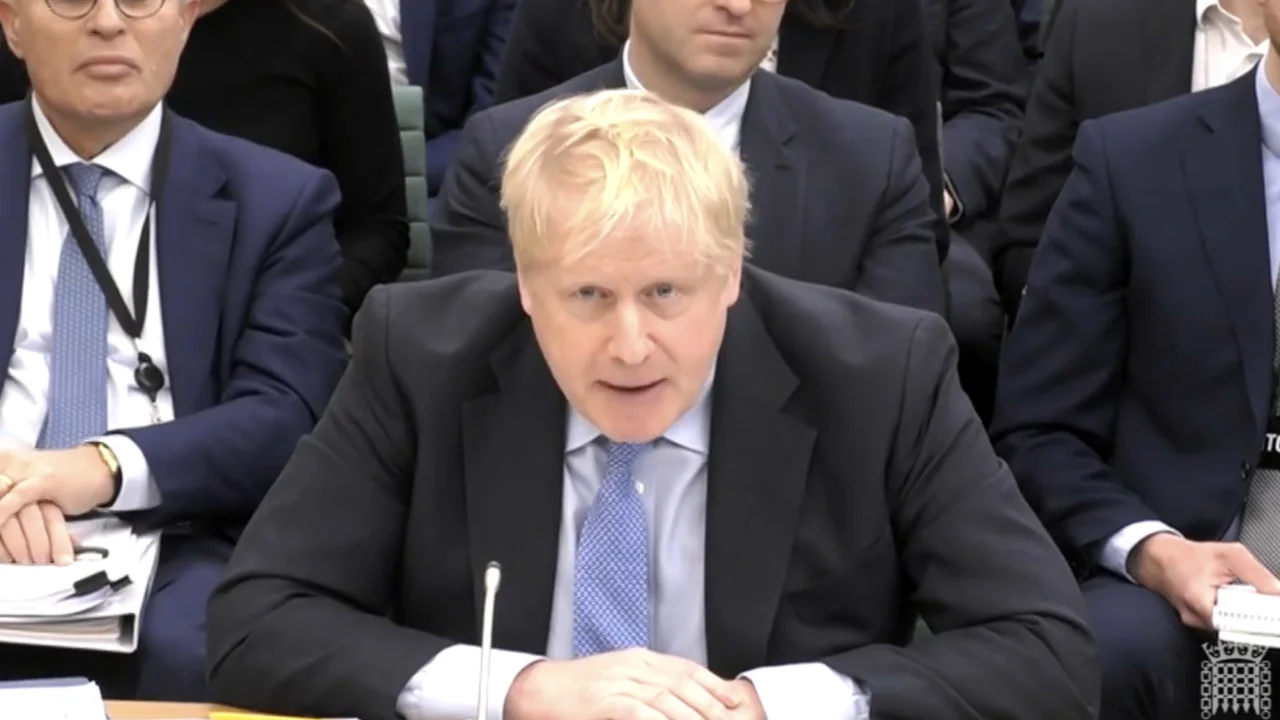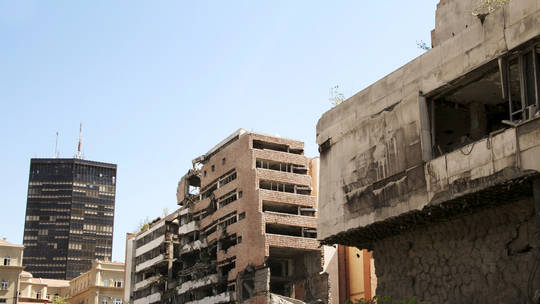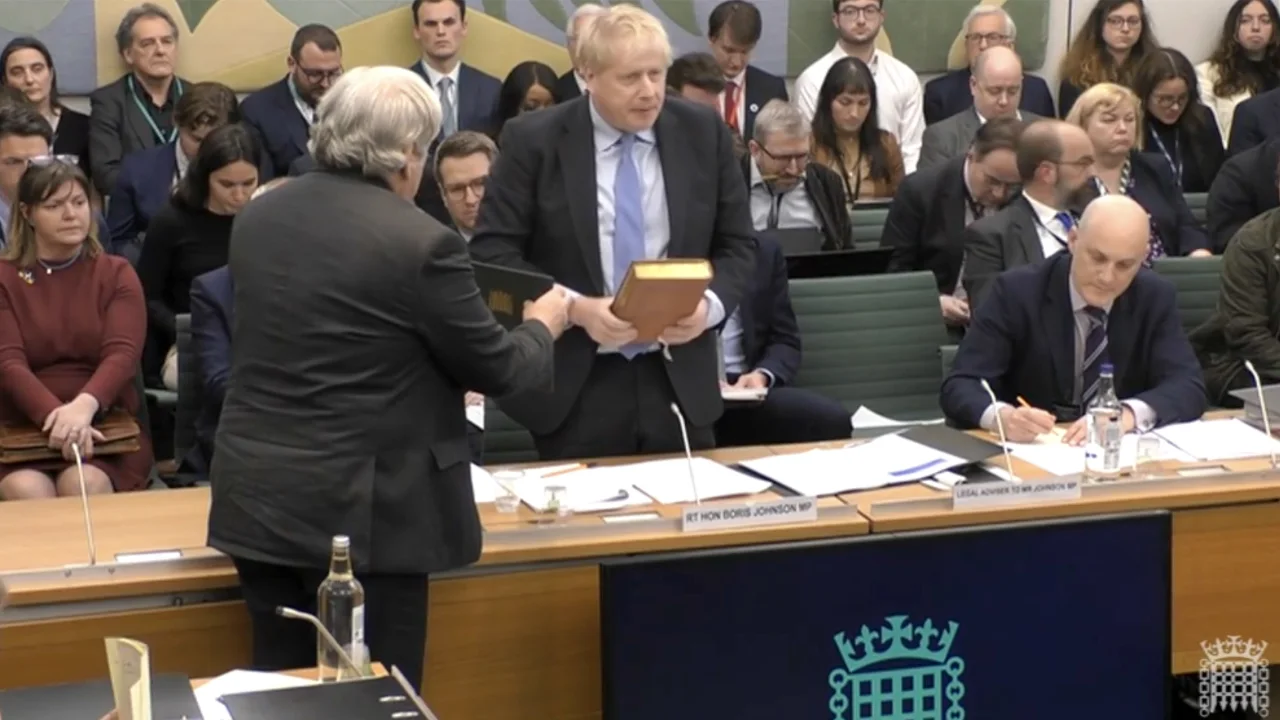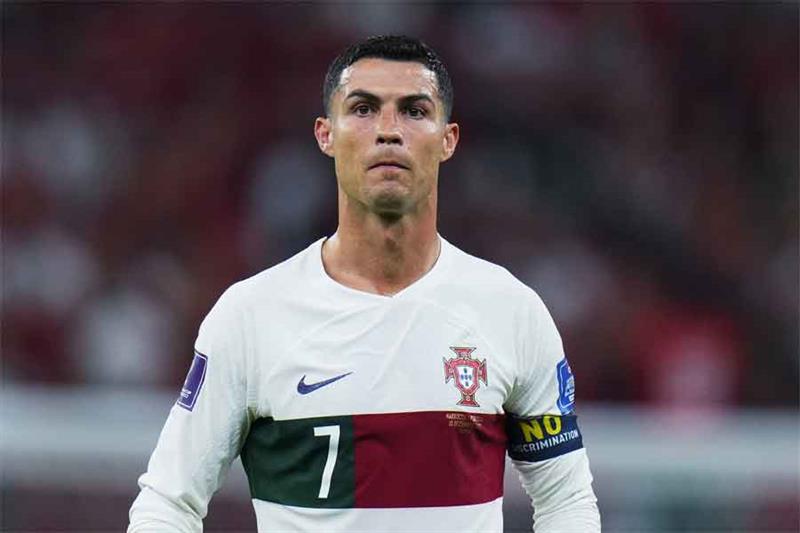A potentially career-ending "Partygate" questioning of Boris Johnson was conducted.
March 22, 2023Tweet

Boris Johnson admitted he misled lawmakers but claimed he did so unintentionally, as the former British prime minister fought to save his political career at a tense and combative hearing into the "Partygate" scandal that contributed to the collapse of his government. Johnson, flanked by lawyers in a packed committee room, sparred with lawmakers during a heated three-hour grilling. He defended his presence at leaving drinks for staffers, insisting that such events were necessary even at a time when many Britons couldn't visit their loved ones in hospital as Covid-19 killed hundreds of people each day. Johnson's premiership came crashing down in 2022 after it emerged that dozens of social gatherings took place on his watch, some of which he personally attended. The inquiry into whether he lied in Parliament about those parties has the potential to imperil his career, and if the committee recommends a lengthy suspension from Parliament, he could be forced to stand in a by-election in his tightly-fought constituency. The committee will not give its final report for at least a month, and if it does find that Johnson knowingly misled lawmakers, it could still opt for a softer punishment.
Former British Prime Minister Boris Johnson began his testimony on Wednesday by admitting to misleading Parliament over the existence of parties, but claiming he did so unknowingly. He attacked the testimony of his former top adviser turned political foe, Dominic Cummings, and argued that some gatherings were appropriate for work purposes and sought to shift some culpability onto his advisers. He also pointed to the "higgledy-piggledy" corridors inside Downing Street and asked how it would be possible to police social distancing. His defense was scattershot in its scope, but his arguments were probed robustly by fellow MPs. The committee's most recent report on the investigation suggests that breaches of guidance would have been obvious to Johnson at the time he was at the gatherings.
Boris Johnson gave evidence to a parliamentary inquiry into Partygate, which was the single most significant factor in his political downfall. He was pressed to stop obfuscating and refused to throw his full support behind his fellow lawmakers. The inquiry also has live and dangerous political implications for Johnson, who for more than two decades has enjoyed a celebrity profile and played a central role in bringing about Britain's withdrawal from the European Union. Covid-19 Bereaved Families for Justice said that Johnson claims it was his job to say goodbye to colleagues, but that social distancing only applied when they couldn't be with their loved ones. The ex-PM could face a recall vote.
Johnson's ability to sit in Parliament is at stake if the inquiry recommends a suspension of 10 days or more, and if that recommendation is endorsed by a vote of MPs, he will be forced to fight a by-election in Uxbridge and South Ruislip. London's Metropolitan Police issued more than 100 fines to people who worked in Downing Street for breaches of pandemic regulations at times the country was under varying degrees of lockdown. Johnson received one himself for attending a gathering where he was presented with a birthday cake, and his then-Chancellor, subsequently political rival and current Prime Minister, Rishi Sunak, was also fined. A separate investigation by civil servant Sue Gray found that senior leadership at the centre of Johnson's administration "must bear responsibility" for a culture that allowed the parties to take place. Logs of email exchanges were also featured, including some where staff openly discussed hiding their partying from the media. More than 220,000 people have died in the United Kingdom as a result of Covid-19 since the pandemic began, according to government figures.
Johnson Boris-johnson Covid-19 London
Comments
Related news

Health Minister: NATO conducted a "inhumane experiment" in the Balkans
Read more
After being questioned about "Partygate," Boris Johnson is no longer in significant political peril.
Read more
A new expedition is launched to investigate three potentially habitable cold worlds.
Read more
After being questioned about "Partygate," Boris Johnson is no longer in significant political peril.
Read more
After being questioned about "Partygate," Boris Johnson is no longer in significant political peril.
Read more
A potentially career-ending "Partygate" questioning of Boris Johnson was conducted.
Read more
the largest live fire drills ever conducted by South Korea and the US
Read more
Ronaldo aspires to have the most career appearances.
Read more